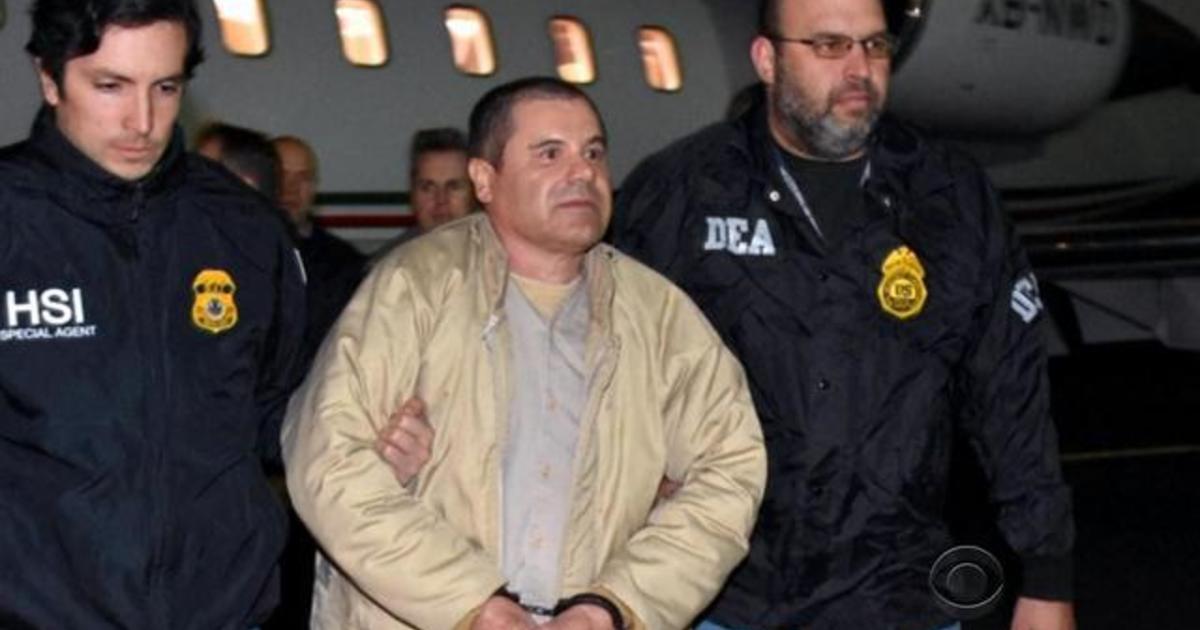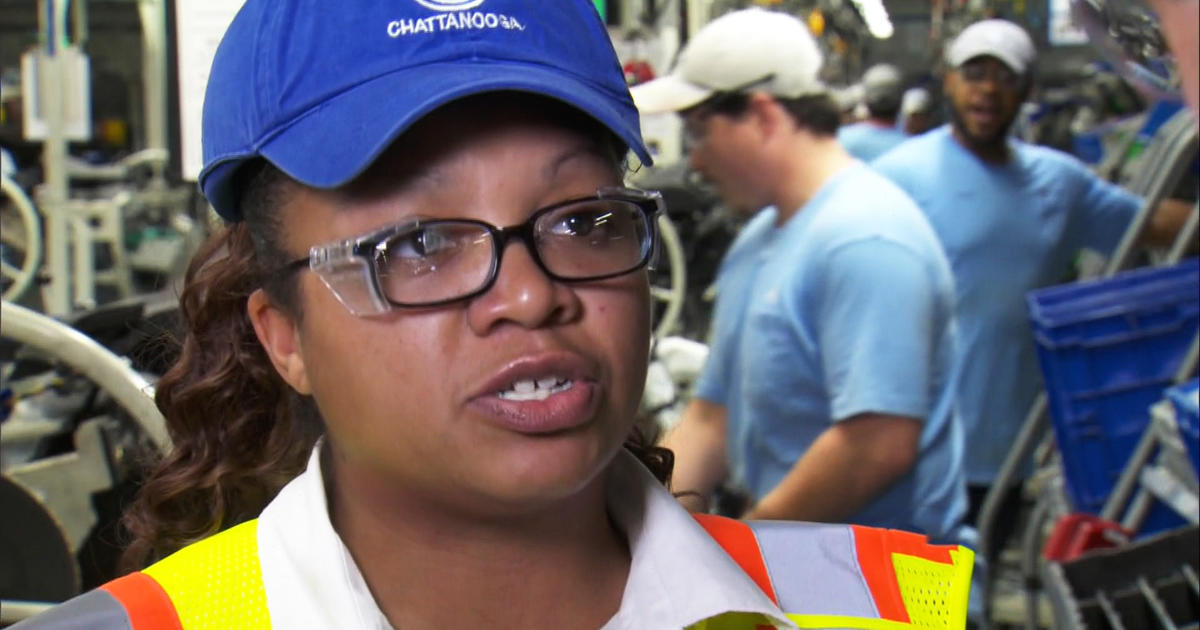They made 1 billion robocalls and now face a record government fine
A U.S. communications regulator has proposed a $225 million fine, its largest ever, against two health insurance telemarketers for spamming people with 1 billion robocalls flashing fake phone numbers.
The Federal Communications Commission said Tuesday that John Spiller and Jakob Mears made the massive load of mass calls through two businesses they controlled. State attorneys general of Arkansas, Indiana, Michigan, Missouri, North Carolina, Ohio and Texas also sued the two men and their companies, Rising Eagle and JSquared Telecom, in federal court in Texas, where both men live, for violating the Telephone Consumer Protection Act.
The robocalls claimed to offer health plans from major insurers like Aetna and UnitedHealth with an automated message, the FCC said. If consumers pressed a button for more information, however, they were transferred to a call center that sold plans not connected to those companies. The FCC said the Missouri attorney general sued Rising Eagle's largest client, Health Advisors of America, for telemarketing violations last year.
These telemarketers faked the number their calls displayed in caller ID with intent to deceive consumers in early 2019, the FCC said. They also purposefully called people who are on do-not-call lists and called people's mobile phones without getting permission first.
The fine is not a final decision, and Spiller and Mears will have a chance to respond. Spiller declined to comment to the Associated Press. He declined to provide contact information for Mears and said neither would speak before talking to an attorney.
The FCC said Spiller admitted to federal regulators that he knowingly called consumers on a do-not-call list and admitted that he made millions of calls daily.
"Rising Eagle even continued to make abusive robocalls despite being warned on multiple occasions that the calls were unlawful and were generating complaints," FCC Chairman Ajit Pai said in a statement.
Consumers weren't the only ones bothered. Telemarketers faked their calls to make them appear they came from other companies, which then received angry calls and were named in lawsuits from consumers. The FCC didn't name these companies, but said one got so many calls that its phone network "became unusable."
As robocalls became a pressing issue for consumers, both as an annoyance and as a vehicle for fraud, the FCC has pushed carriers to do more to stop them. There were more than 58 billion robocalls placed in 2019, according to robocall-blocking app YouMail. A record 5.7 billion robocalls were placed last October.
A new law beefs up enforcement and mandates that the phone industry not charge for call-blocking tools and put in place a system designed to weed out "spoofed" calls made using fake numbers.
President Donald Trump signed the Traced Act last year, which gives regulators more time to track down robocall companies and doles out stiffer fines for violating the law.



